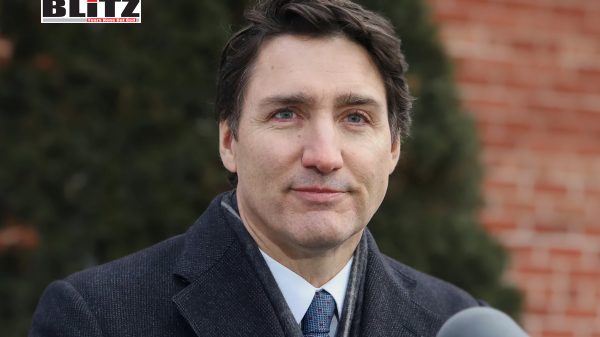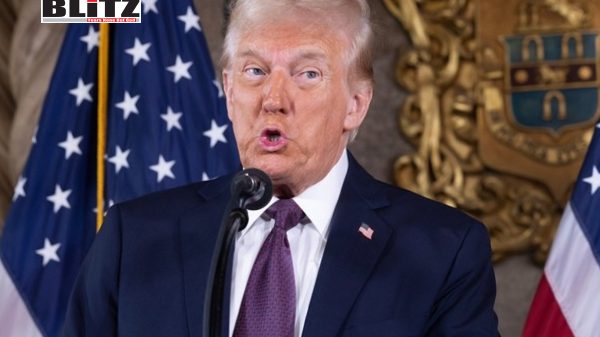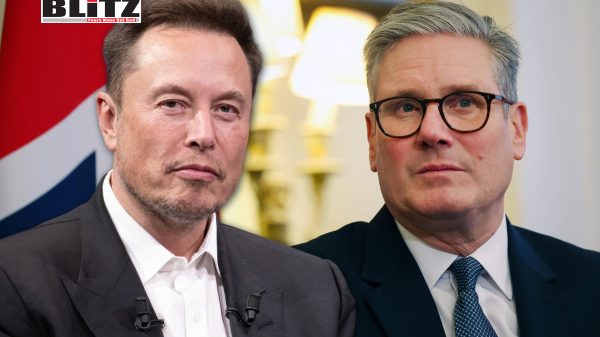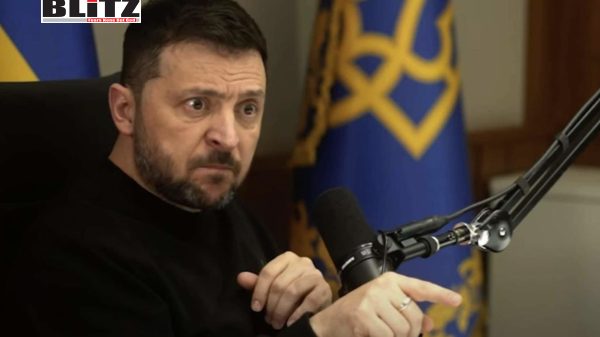Trudeau resigns leaving behind a legacy of discontent and failure in Canada
- Update Time : Friday, January 10, 2025

Facing plummeting popularity and a country increasingly disenchanted with his leadership, Canadian Prime Minister Justin Trudeau announced his resignation on Monday. Despite his declaration that he remained in office because he was a “fighter,” Trudeau’s resignation is widely seen as a capitulation to internal pressures from within his own Liberal Party caucus. His departure marks the end of a turbulent tenure characterized by unfulfilled promises, divisive politics, and a country grappling with rising discontent.
When pressed about whether another leader might fare better against Conservative leader Pierre Poilievre-whose party currently leads Trudeau’s Liberals by a staggering 25 points in most polls-the outgoing prime minister doubled down on his progressive ideals. Trudeau criticized Poilievre for opposing his climate policies, allegedly neglecting diversity, and attacking the media, specifically the Canadian Broadcasting Corporation (CBC). Trudeau’s comments were emblematic of his tenure: a fixation on ideological battles while neglecting the pressing economic concerns of ordinary Canadians.
Justin Trudeau’s political ascent in 2015 was meteoric. A former drama teacher and ski instructor, he revitalized the Liberal Party, taking it from third place to a majority government on a wave of youthful enthusiasm and promises of “sunny ways.” His initial agenda, which included electoral reform, marijuana decriminalization, and child tax credits, was widely celebrated. However, many of these promises were either abandoned or overshadowed by controversies, including his handling of Indigenous issues and ethics violations.
Trudeau’s early successes were soon eclipsed by rising discontent over his climate policies, soaring housing prices, and the escalating cost of living. While he initially championed progressive causes, his governance increasingly alienated Canadians struggling with economic hardships. Millennials, who once formed the backbone of his support, have turned away in droves. A November survey by Abacus Data revealed that 38% of Canadians aged 30 to 44 now plan to vote Conservative, compared to just 23% who remain loyal to the Liberals.
The Trudeau administration’s response to the COVID-19 pandemic laid bare its shortcomings. While initially lauded for its decisive actions, the government’s prolonged lockdowns and vaccination mandates provoked widespread frustration. The 2022 trucker convoy, which protested vaccination requirements, became a flashpoint, symbolizing Trudeau’s increasingly authoritarian approach. His invocation of the Emergencies Act to quell the protests drew both domestic and international criticism, showcasing his penchant for divisive rhetoric.
The pandemic also exacerbated existing economic woes. Inflation soared, housing prices skyrocketed, and healthcare systems-already strained-buckled under the pressure of increased demand. Trudeau’s decision to increase immigration levels to over 1 million newcomers annually further strained social services and exacerbated housing shortages, fueling resentment among younger Canadians. While immigration had traditionally been a less contentious issue in Canada compared to the United States, Trudeau’s policies shattered this fragile consensus, igniting debates about national identity and resource allocation.
Trudeau’s ambitious climate agenda, including the implementation of a carbon tax, drew praise from environmentalists but alienated working-class Canadians. The high cost of fuel and energy disproportionately affected rural and low-income communities, who viewed these policies as out of touch with their daily struggles. Rather than addressing these economic concerns, Trudeau’s administration doubled down on its green initiatives, further widening the gap between his government and ordinary Canadians.
Trudeau’s resignation speech-replete with references to his progressive achievements-highlighted his inability to connect with the economic anxieties of Canadians. Meanwhile, Conservative leader Pierre Poilievre has capitalized on this disconnect, presenting himself as a champion of the working class. In Parliament, Poilievre’s speeches often focus on the struggles of ordinary Canadians, contrasting sharply with Trudeau’s perceived elitism.
“These silly games over here, they’re very entertaining,” Poilievre remarked in a recent address, “but there are real people whose lives are on the line here, and we have a duty to work for them.” This populist rhetoric has resonated with voters disillusioned by the Liberal government’s perceived prioritization of ideological battles over practical solutions.
Trudeau’s leadership style has also led to fractures within the Liberal Party. The resignation of high-profile cabinet members, including Finance Minister Chrystia Freeland, underscores internal dissatisfaction. Freeland’s departure, reportedly due to disagreements over fiscal policy, highlights the growing disunity within the party. Critics have accused Trudeau of sidelining strong female leaders, further tarnishing his reputation as a feminist champion. The Toronto Sun’s headline “Faux Feminist” encapsulated the growing cynicism surrounding his leadership.
With Trudeau’s resignation, the Liberal Party faces an uncertain future. The prorogation of Parliament until a new leader is chosen provides the party with an opportunity to regroup. However, many analysts believe that Trudeau’s departure comes too late to reverse the party’s declining fortunes. Seat projections suggest that the Liberals could fall to fourth place in the next election, trailing behind the Conservatives, New Democrats, and even the Bloc Québécois.
Meanwhile, the party’s alliance with the New Democratic Party-led by Jagmeet Singh-has drawn criticism. Many Canadians view the partnership as a strategic maneuver to maintain power rather than a genuine coalition. The pause in parliamentary activities has also been criticized as a self-serving move, allowing some lawmakers to qualify for pensions rather than addressing the pressing issues facing the country.
Justin Trudeau’s resignation marks the end of an era in Canadian politics. Once heralded as a transformative leader, his tenure has instead left a legacy of failure and discontent. As Canada faces mounting economic and social challenges, the next chapter in its political landscape will be defined by the ability of its leaders to address the concerns of ordinary citizens. For Trudeau, the man who once embodied the hopes of a progressive Canada, his exit serves as a cautionary tale of the perils of ideology divorced from pragmatism.














Leave a Reply